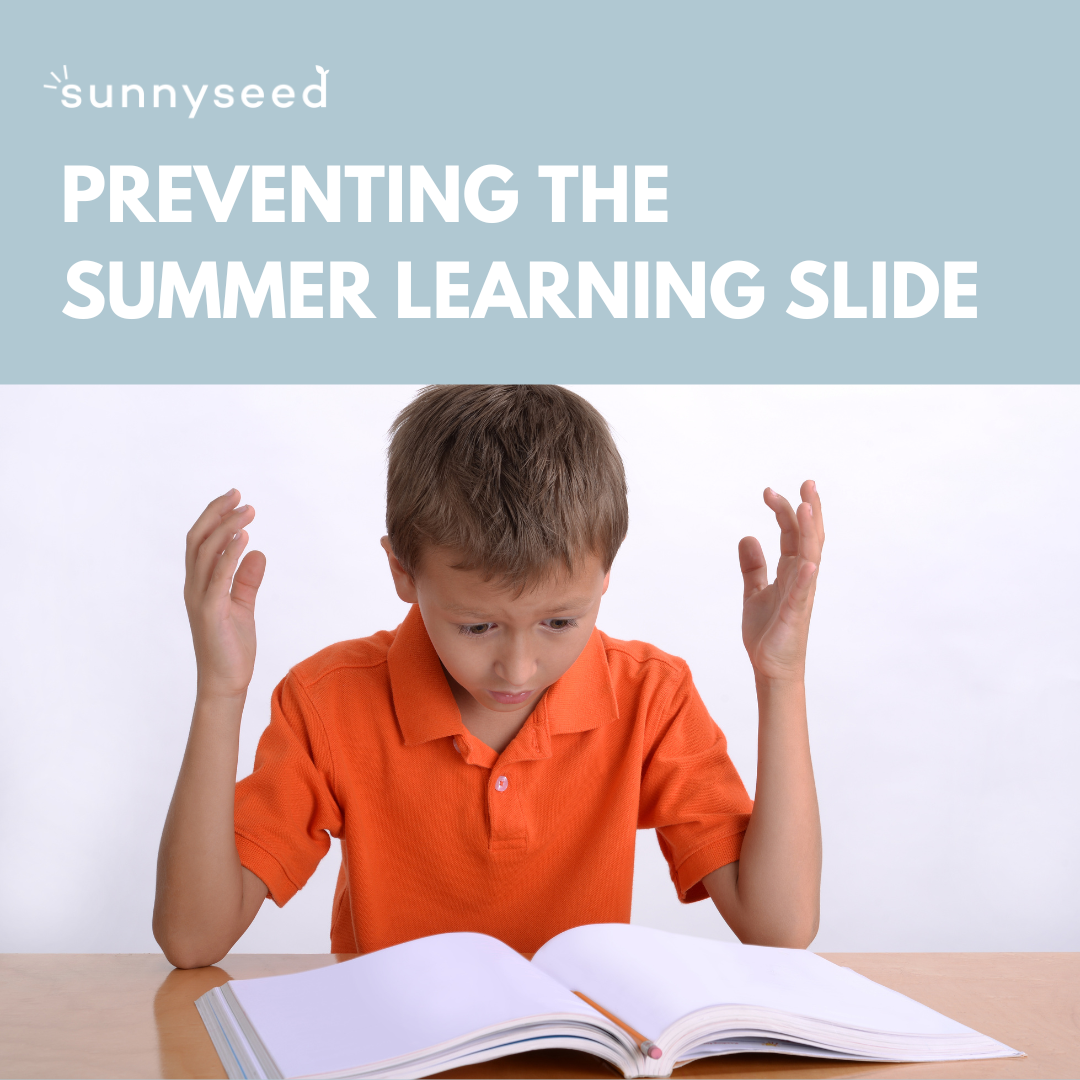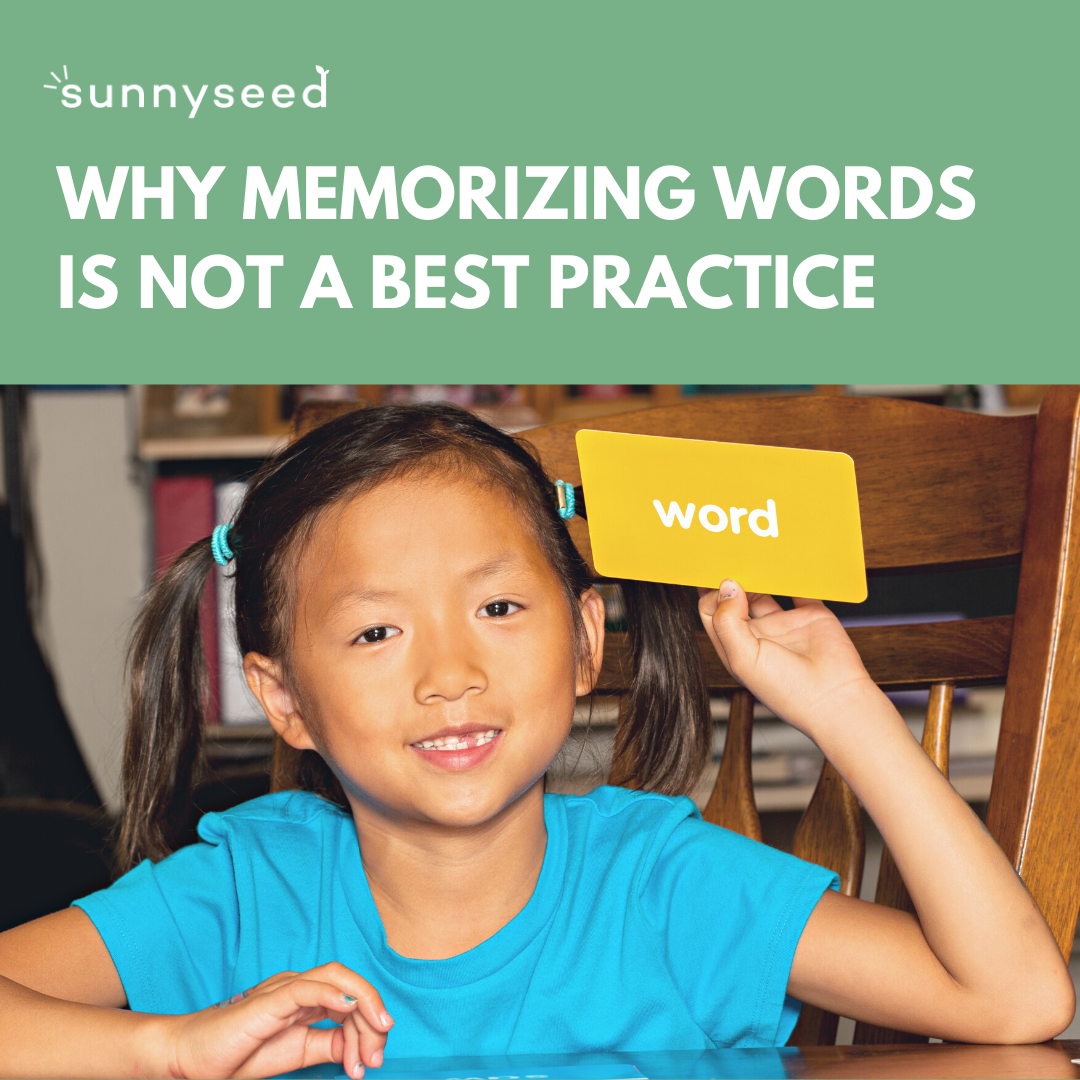The Link Between Spelling and Reading
This may surprise you, but poor reading and poor spelling are directly connected (Adams, 2011; Gentry & Graham, 2010; Moats, 2005; Reed, 2012). In addition, poor spelling can restrict writing. What’s shocking is despite the research, there is a serious disconnect between the latest spelling research and what’s happening in many schools. Children need explicit spelling instruction, especially in the younger elementary years.“Spelling and reading build and rely on the same mental representation of a word. Knowing the spelling of a word makes the representation of it sturdy and accessible for fluent reading.” {Snow, C. 2005}.The spelling of words in English is more regular and pattern-based than commonly believed. About 50% of English words have regular, predictable spelling patterns. Another 34% have only one error if they are spelled on the basis of sound-symbol correspondences alone, and the error is usually because of a vowel sound. The remaining 16% must be learned as irregular words.Direct, explicit phonics and spelling instruction, moving from easiest to hardest, helps children decode words and understand fundamental letter-sound relationships and patterns.
Consonants & short vowel sounds
Consonant blends & digraphs
Long vowel/final e
Long vowel digraphs
Other vowel patterns
Syllable patterns
Affixes
The most frequently misspelled words are from: Homophones: words that sound the same, but are spelled differently (there, their, they’re)Apostrophes: used to show possession (Molly’s doll) or contractions (you’re)Separation/Joining Errors: (because = 1 word; a lot = 2 words)Compound Word Errors: (any time, babysit, homework)It should be noted that 300 words account for 65% of children’s writing, so learning the most frequently used words (such as Fry words) can be beneficial for children in making their reading and spelling more automatic (less effortful). It can be helpful to teach these words as sound-out and spell-out words (some words we just have to memorize, ya know). Whenever I do a phonics sorting activity with my students, we find the irregular words that don’t belong with our spelling pattern and chat about why it doesn’t fit our rule/lesson. Kids use two processes of decoding:1) sounding out words using phonics2) matching letters on the page with the spelling representations in the brain. This happens in the Occipito-Temporal Region which houses the Visual Word Form System. Spelling representations for word identification jumpstart the reading circuitry and automatically activate sound and meaning. It’s an insanely complex process we often take for granted. One more thing, spell check only catches 30-80% of errors. Is it just me, or does relying heavily on spell check make you feel like you’ve become a worse speller? Sometimes I get stumped on the simplest words!












